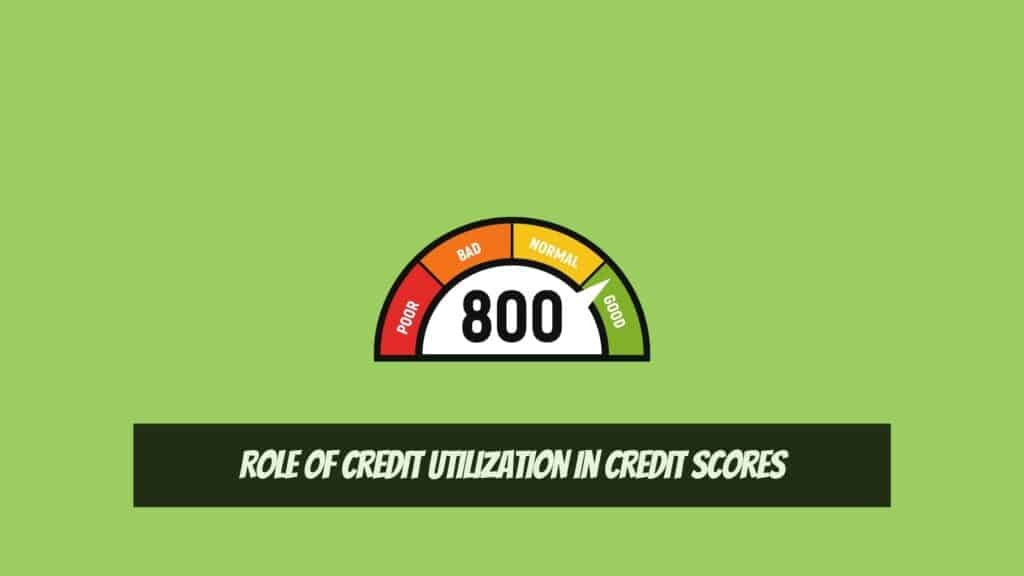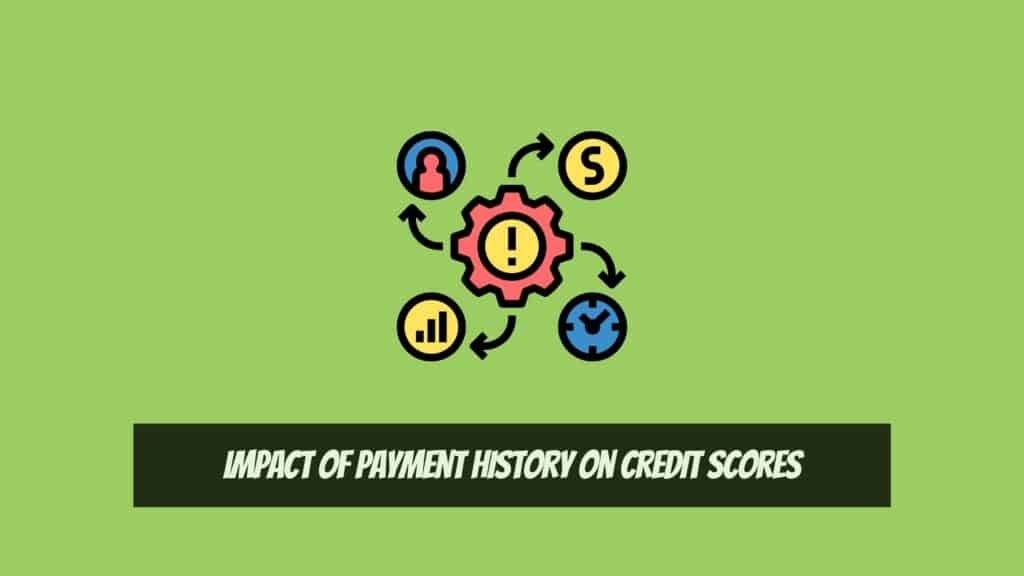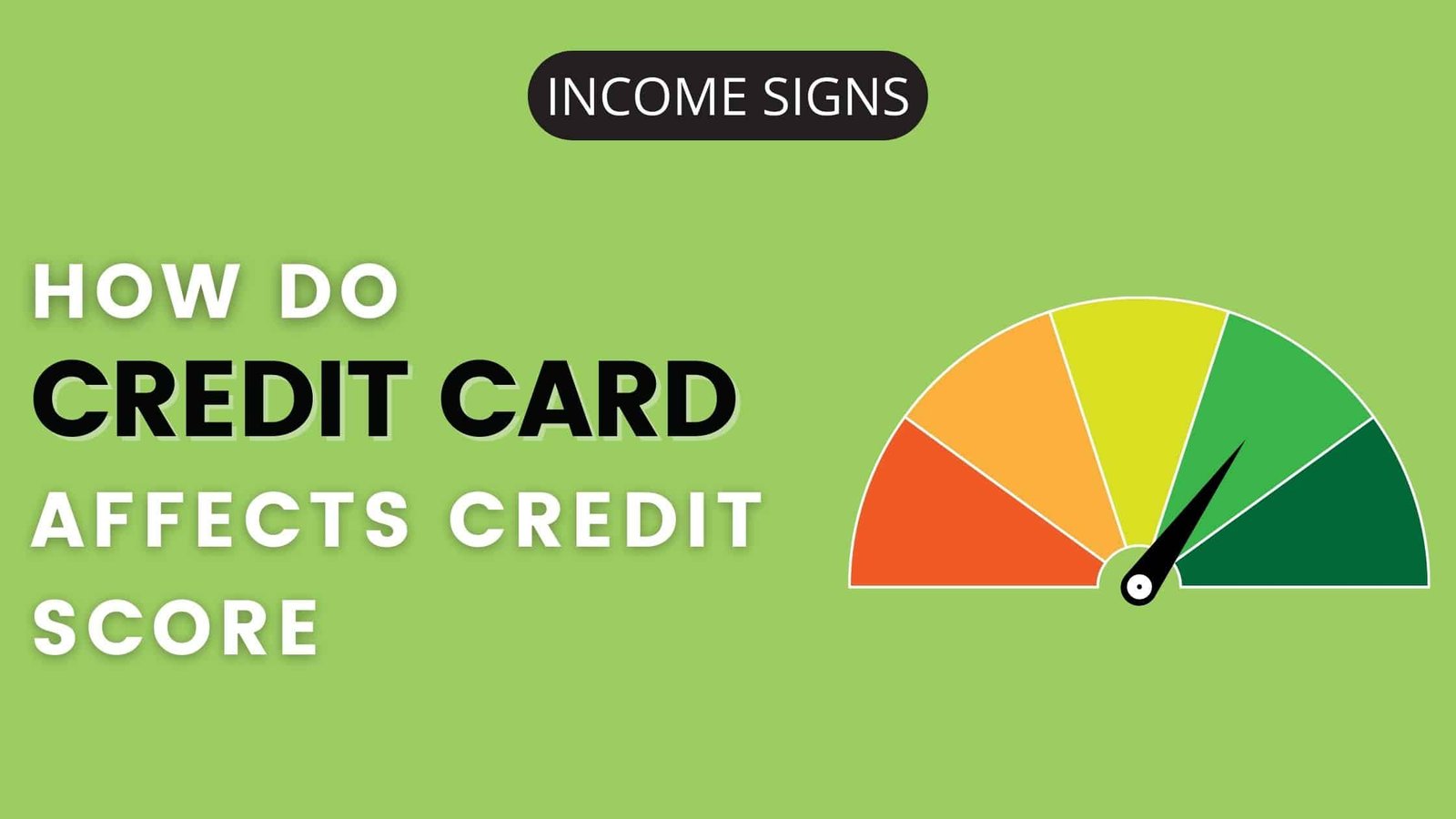Credit cards are a widely used financial tool that can greatly impact an individual’s credit score. A credit score is a numerical representation of an individual’s creditworthiness and is used by lenders to assess the risk of lending money or extending credit.
A good credit score can open doors to various financial opportunities, such as obtaining loans or credit cards with favorable terms, while a poor credit score can make it difficult to access credit or result in higher interest rates. It is therefore important to understand how credit cards can affect your credit score.
There are several factors that go into determining a credit score, including payment history, credit utilization, credit mix, and credit age.
In this article, we will delve into the specific ways in which credit cards can affect each of these factors and how to use credit cards responsibly to maintain a good credit score.
Role of Credit Utilization in Credit Scores

Credit utilization is a measure of how much of an individual’s available credit they are used. It is calculated by dividing the total amount of credit being used by the total available credit. For example, if an individual has a credit card with a $1,000 limit and they have a balance of $500, their credit utilization would be 50%.
Maintaining a low credit utilization ratio is important for a good credit score because it demonstrates to lenders that you are using credit responsibly and not relying heavily on borrowing. A high credit utilization ratio may indicate to lenders that you are financially stretched and maybe a higher risk to lend to.
Several Ways to Manage Credit Utilization and Keep It Low
Pay off balances in full each month: By paying off your credit card balances in full each month, you can avoid accruing interest and keep your credit utilization low.
Spread balances across multiple cards: If you have multiple credit cards, consider spreading your balances across them rather than maxing out a single card. This can help lower your overall credit utilization ratio.
Increase credit limits: Having a high credit utilization ratio because you have a low credit limit, consider asking your credit card issuer to increase your limit. This can help lower your credit utilization ratio and improve your credit score.
Only use credit for necessary purchases: Only using credit for necessary purchases and avoiding unnecessary or impulse spending can help keep your credit utilization low.
Impact of Payment History on Credit Scores

Payment history is a key factor in credit scores and can greatly impact an individual’s creditworthiness. Payment history refers to an individual’s record of making timely payments on their credit accounts. This includes credit card payments, mortgage payments, and any other debts that are reported to credit bureaus.
Missed or late payments can have negative consequences on credit scores. Late payments are typically reported to credit bureaus and can result in negative marks on an individual’s credit report.
These negative marks can lower credit scores and make it more difficult for an individual to obtain credit in the future. Missed or late payments may result in higher interest rates on credit accounts, as lenders may view an individual with a poor payment history as a higher risk to lend to.
It is therefore important to make timely payments on all credit accounts to maintain a good credit score. By paying your bills on time, you can demonstrate to lenders that you are responsible and creditworthy.
If you are struggling to make payments, consider reaching out to your creditors to see if they can offer any assistance or alternative payment options.
Effect of Credit Mix on Credit Scores

Credit mix refers to the variety of credit products an individual has, such as credit cards, mortgages, and auto loans. Having a diverse credit mix can potentially have a positive impact on credit scores as it demonstrates to lenders that an individual is able to manage different types of credit responsibly.
However, it is generally advisable to avoid applying for too many credit products at once, as this can be a red flag to lenders and potentially lower credit scores. When applying for credit, lenders may consider the number of recent credit inquiries on an individual’s credit report. A large number of inquiries in a short period of time can indicate to lenders that an individual is seeking a lot of credit and maybe a higher risk to lend to.
It is a good idea to only apply for credit when it is necessary and to carefully consider the impact on your credit mix.
Importance of Credit Age in Credit Scores

Credit age, also known as credit history or length of credit history, refers to the amount of time an individual has had credit accounts. Credit age is typically calculated by taking the average age of all of an individual’s credit accounts.
Having a long credit history can have a positive impact on credit scores because it demonstrates to lenders that an individual has a track record of managing credit responsibly over an extended period of time.
A long credit history can also increase an individual’s credit score by increasing their overall credit utilization ratio, as the total available credit may be higher for individuals with a longer credit history.
It is generally advisable to avoid closing old credit card accounts, as this can shorten credit age and potentially lower credit scores. When an individual closes a credit card account, they are effectively reducing their available credit and potentially lowering their credit utilization ratio.
This can potentially have a negative impact on credit scores, especially if the closed account was an individual’s oldest credit account.
Conclusion – How Do Credit Cards Affect Your Credit Score
It is important to track your credit score regularly and take steps to improve it if necessary. This can involve paying bills on time, maintaining a low credit utilization ratio, having a diverse credit mix, and avoiding closing old credit accounts.
Spending more time and educating yourself about credit and how to manage it responsibly, you can make informed decisions about your financial management and take control of your credit score.
